Breed Information
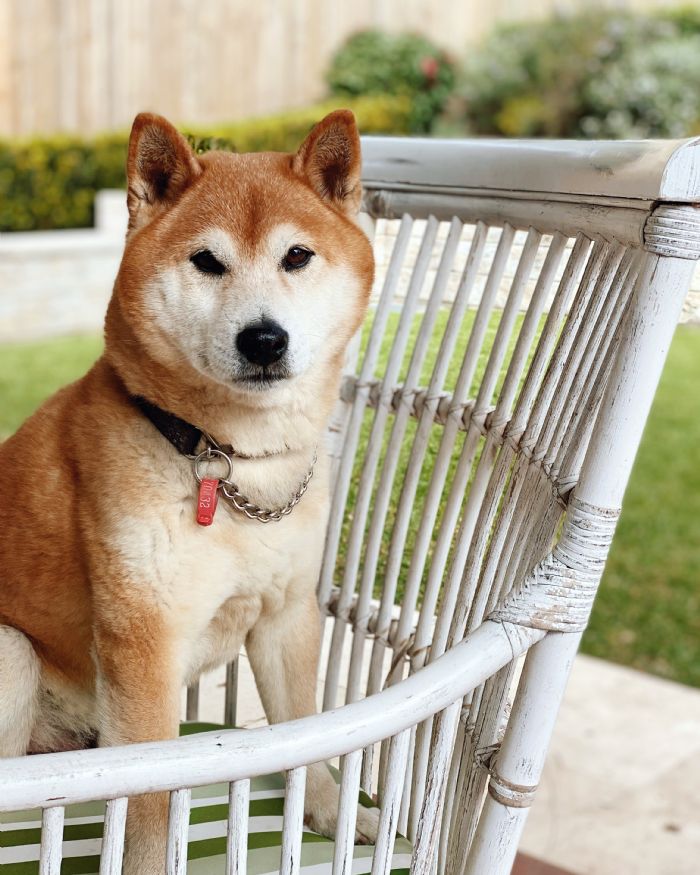
FIVE REASONS WHY SHIBA INU CAN MAKE GOOD APARTMENT DOGS
1. Size: Shiba Inus are a small to medium-sized breed, typically weighing between 7 - 11 kilograms. Their small size makes them well-suited for apartment living, as they don't take up too much space and are easier to handle in smaller living quarters.
SHIBA INU AND OTHER PETS
SHIBA INU AND CHILDREN 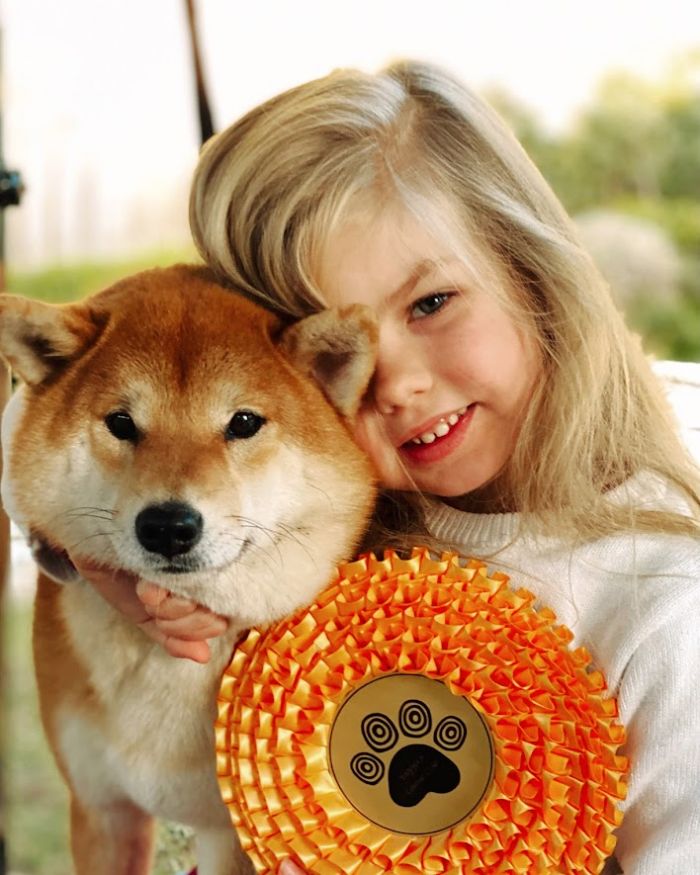
MALE OR FEMALE?
- Size: In general, male Shiba Inus tend to be slightly larger than females, both in terms of height and weight. Males can weigh anywhere from 8 - 11 kg, while females typically weigh 7 - 9 kg
- Temperament: Male Shiba Inus can be more outgoing and assertive than females, while females may be more reserved and independent. However, these differences are not always consistent and can vary depending on the individual dog's personality and training.
- Behaviour: Male Shiba Inus may be more prone to marking their territory and may exhibit more dominant behavior, while females may be more nurturing.
COLOURS OF THE SHIBA INU
The Shiba Inu is beloved for their striking appearance, intelligent personality, and unique coat colors. Shiba Inu coat colors include red, black and tan, sesame, and cream. While each coat color has its own charm and purpose, all contribute to the breed’s diversity and health. Let’s explore these colors, their defining features, and why every Shiba Inu—regardless of coat color—has value.
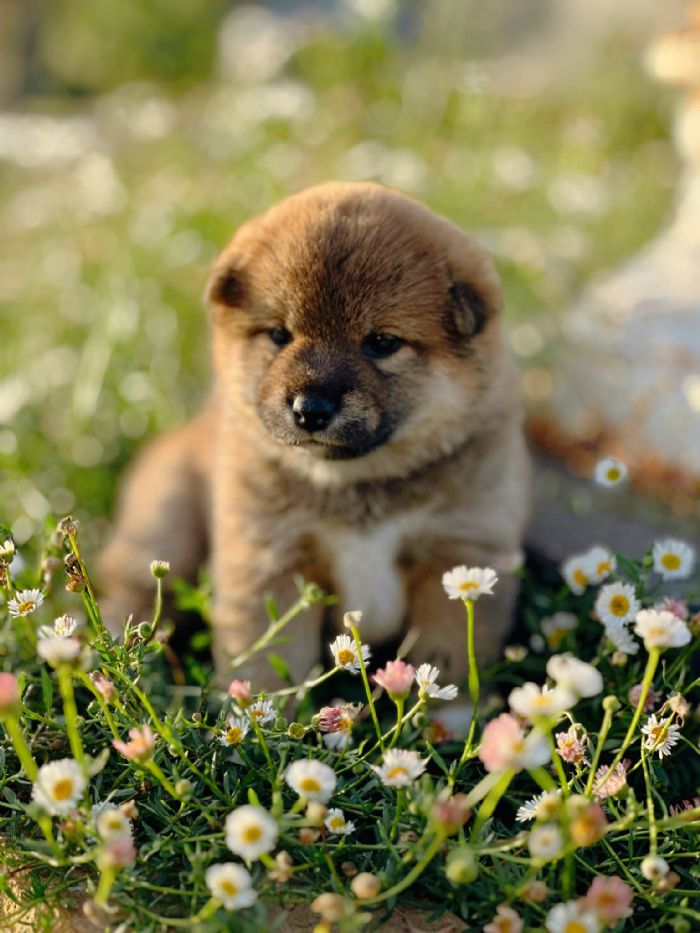
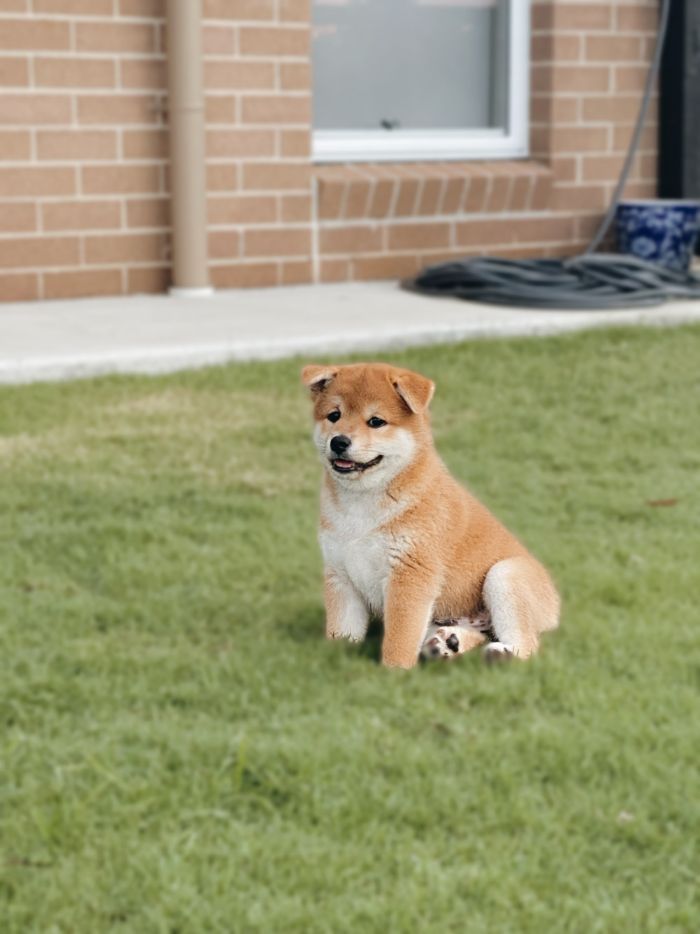
1. Red
The red Shiba Inu is the most iconic and recognizable coat color, often referred to as “fox red.” The coat ranges from light copper to deep russet and is paired with urajiro, the distinctive white or cream markings on specific parts of the body. This contrast between red and urajiro highlights the Shiba Inu’s elegance.
Fun Fact #1: Red Shibas are the most common and widely loved, often seen as the “classic” representation of the breed.
Fun Fact #2: The presence of black shading in red Shiba puppies is perfectly normal and does not indicate that the dog will have a sesame coat as an adult. It’s simply part of the red coat’s natural development!
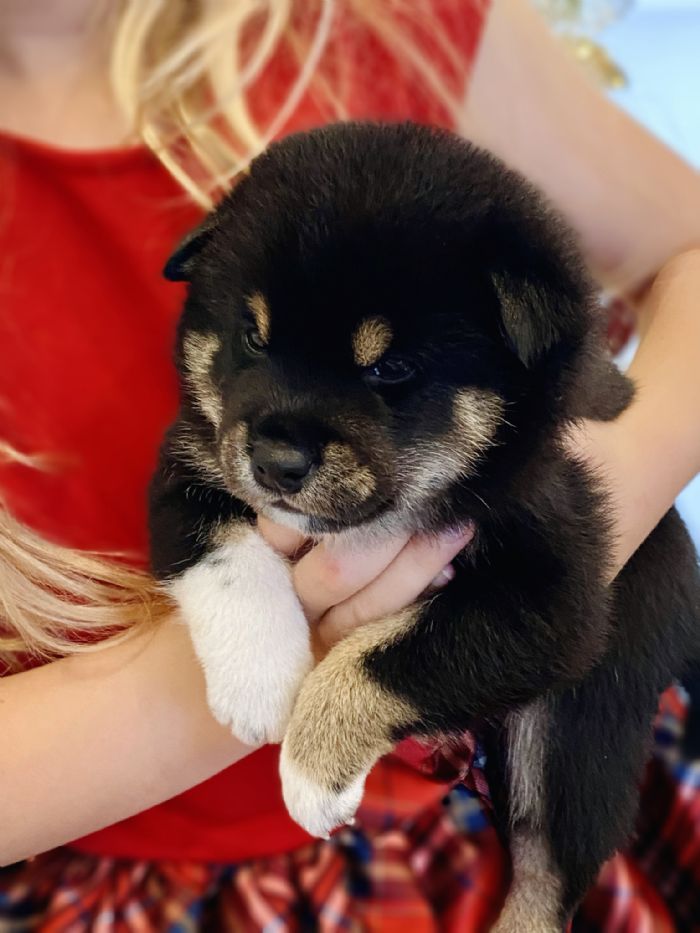
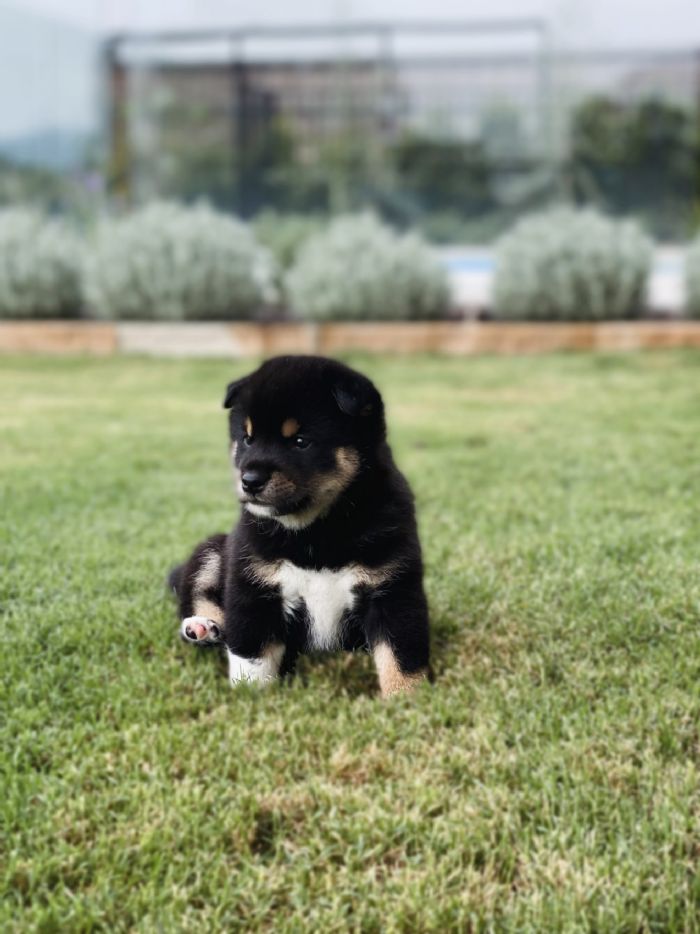
2. Black and Tan
Black and tan Shiba Inus boast a striking coat with a black base, tan markings, and urajiro. The tan markings appear on the eyebrows, cheeks, chest, and legs, creating a bold and dramatic appearance.
Black and tan Shibas are less common than red but are prized for their distinctive and eye-catching patterns.
3. Sesame (Goma)
Sesame is the rarest and most complex coat color in Shiba Inus. It features a red base with evenly interspersed black-tipped hairs.
There are three variations often referenced:
- Sesame: A perfect balance of red and black hairs.
- Black Sesame: More black-tipped hairs than red.
- Red Sesame: Predominantly red with fewer black-tipped hairs.
Due to its genetic intricacy, sesame remains highly sought after by enthusiasts and breeders alike.
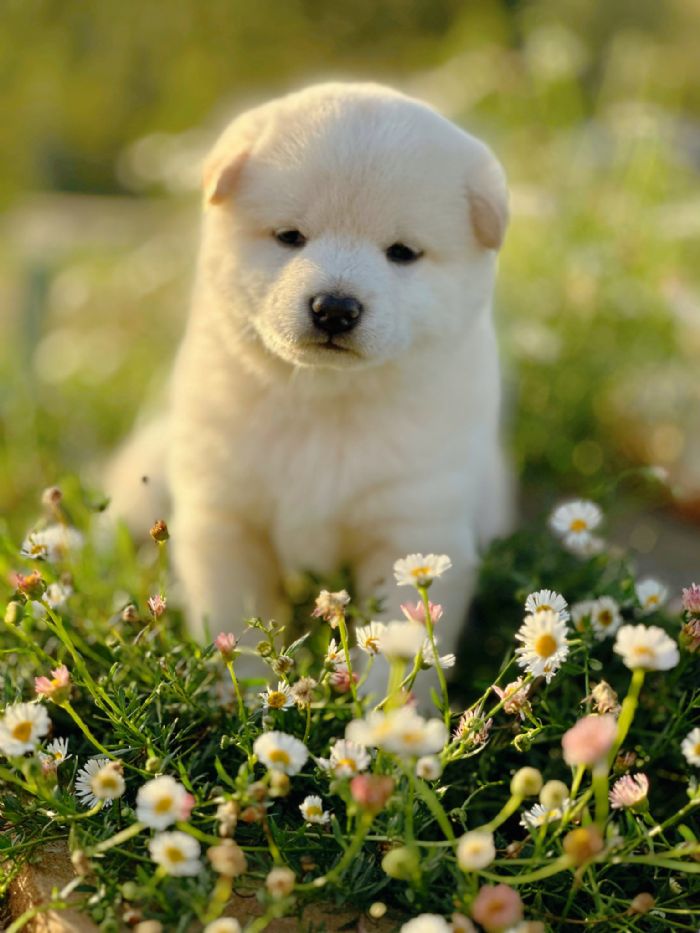
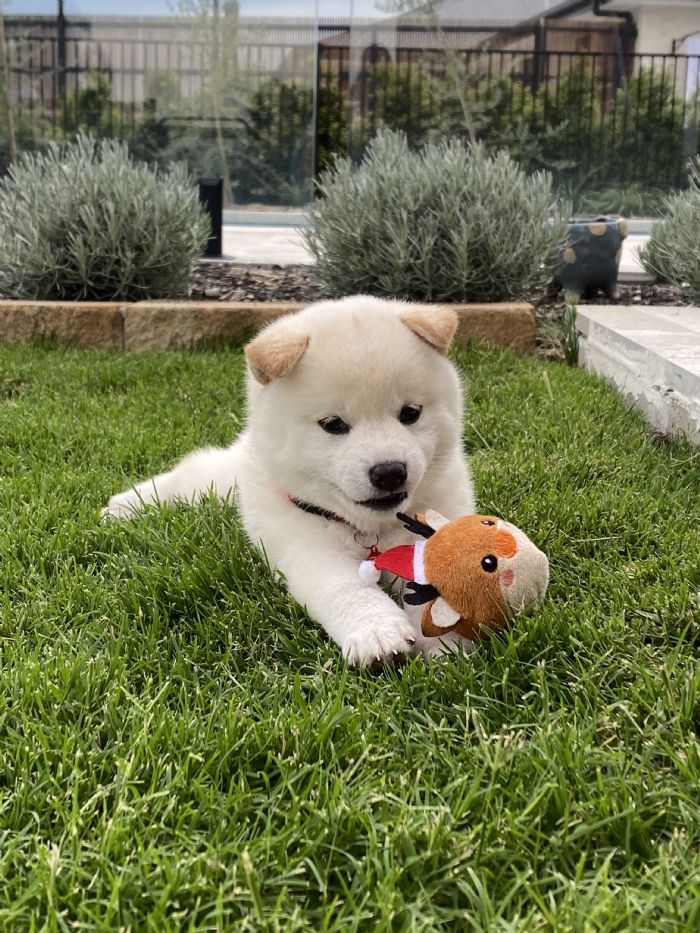
4. Cream
Cream Shiba Inus have a soft, pale coat that ranges from light gold to nearly white. While their coloring does not meet show standards in some countries, cream Shibas are invaluable to the breed. Importantly, cream Shibas do have urajiro markings, but these are often difficult to see due to the lightness of their coat.
Their genetic presence plays a critical role in preserving the rich variety of coat colors within the breed. Cream Shibas contribute to maintaining the vibrancy of red, black and tan, and sesame Shibas. Far from being "undesirable" or "rejects," they are essential members of the Shiba Inu family.
Cream Shibas are adored for their gentle, loving nature, making them excellent companions. Their contribution to the genetic pool ensures the diversity and health of future generations.
Urajiro
Urajiro is a defining characteristic of the Shiba Inu coat and is present across all recognized colors. It appears as white or cream markings on the:
- Sides of the muzzle and cheeks.
- Underside of the jaw and neck.
- Chest and belly.
- Inside of the legs and underside of the tail.
In black and tan and sesame Shibas, urajiro is particularly notable for forming a “bow tie” on the chest,
While urajiro is easily visible in red, black and tan, and sesame Shibas, it is much more subtle in cream Shibas. The light coloring of their coat makes the urajiro blend in, often rendering it nearly invisible. Despite this, the urajiro pattern is still genetically present and contributes to the breed’s overall standard and beauty.
THE SHIBA INU PERSONALITY - QUIRKY, LOYALY AND OH-SO-INDEPENDENT!
When it comes to personality, Shiba Inus are nothing short of fascinating. They’re quirky, fiercely independent, and irresistibly loyal. Let’s talk about the traits that make them stand out and the joys (and sometimes challenges) of living with these beautiful dogs.
One of the first things you’ll notice about a Shiba is their independence. They’re often compared to cats in their aloofness and ability to entertain themselves. This doesn’t mean they don’t love their humans—quite the opposite. Shibas form strong bonds with their families but on their own terms. And yes, the infamous "Shiba scream" is real. Whether they’re voicing their displeasure or excitement, it’s a sound you won’t forget!
Training a Shiba can be an adventure. Their intelligence is remarkable, but their stubborn streak can make them challenging. Positive reinforcement and patience are key. Don’t be surprised if your Shiba sometimes acts like they’re doing you a favor by following commands. That’s just their unique charm.
For first-time owners, embracing these quirks is part of the joy. If you can laugh at their antics and meet their need for mental and physical stimulation, you’ll be rewarded with a loyal and loving companion.
MYTH-BUSTING COMMON MISCONCEPTIONS ABOUT THE SHIBA INU!
The Shiba Inu is a breed often surrounded by myths, so let's set the record straight!
Myth 1: Shibas Can’t Be Trained
False! While Shibas are known for their stubborn streak, they’re highly intelligent and can learn commands quickly—when they want to. Training requires consistency, patience, and positive reinforcement. Remember, they respond best when they feel respected rather than controlled.
Myth 2: Shibas Aren’t Affectionate
Not true! Shibas do show affection, though it’s often on their own terms. Whether it’s curling up beside you or a quick nuzzle, they have their own unique ways of expressing love.
Myth 3: Shibas Are Always Aloof
False! While they can be reserved with strangers, they’re incredibly loyal to their families. Once you earn their trust, they’ll stick by your side like glue (when they want to!).
Myth 4: Shiba Inu are "cat-like" and don't require attention
Myth Busted! While Shiba Inus are often described as independent and "cat-like," they still crave attention and interaction with their humans. They form strong bonds with their families and enjoy companionship. Their independence simply means they are not overly clingy, but they can become lonely or bored if left alone for long periods.
Myth 5: Shiba Inu are aggressive and untrainable
False! Shibas are not inherently aggressive; their natural confidence and stubbornness can sometimes be misinterpreted. Proper training, early socialization, and consistent positive reinforcement are essential to ensure they are well-behaved and friendly. They are intelligent and capable of learning commands—just be patient and creative, as they can get bored with repetition.
Myth 6: Shiba Inu are hypollargenic
Myth Busted! Shibas have a thick double coat that sheds heavily, especially during seasonal "blowouts." They are not hypoallergenic and may not be the best choice for people with allergies to pet dander. Regular grooming helps manage shedding, but it won’t eliminate allergens completely.
Myth 7: If I get a Shiba, it won't run away!
Busted: Shibas are famous for their “flight risk” reputation! With a high prey drive and an independent streak, they’re more likely to bolt after a squirrel than stick by your side like other dogs. Their curiosity and confidence make them natural explorers—sometimes at the expense of your peace of mind. So, can you stop them?
While no Shiba is 100% off-leash safe, you can reduce the risk:
- Train Recall Early: Use high-value treats and practice in secure areas.
- Always Use a Leash: It’s your best bet for safety.
- Keep Them Engaged: Play games or redirect their focus before they spot a critter or other distraction.
Shibas love adventure—it’s up to you to make sure they have it safely!
Debunking these myths helps people understand and appreciate the breed’s true nature. Shibas are unique—and that’s what makes them so special.
BREED EDUCATION
Q: Are your dogs available for educational purposes?
A: Yes, my dogs are available for educational sessions aimed at judges-in-training, dog enthusiasts, and anyone eager to delve deeper into the world of Shiba Inu.
Q: How can interested individuals schedule a session?
A: Interested individuals can reach out to me directly through my website to inquire about scheduling a hands-on educational session with my Shiba Inu dogs.
Q: Are there any online resources I can watch to learn more about the conformation of the breed?
A: We have found the 2024 WUAC Shiba Inu Seminar to be very informative. You can watch it here:
